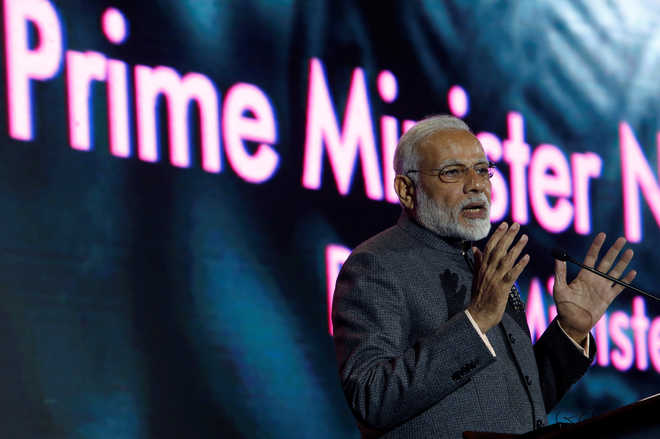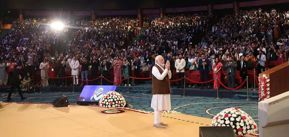
For the first time, India seems to be punching above its weight at the annual summit of the Association of South East Asian Nations (ASEAN) even though it only has an observer status. Even among ASEAN’s eight observers, it occupies the second rung (with New Zealand and Australia). China, South Korea and Japan are primus inter pares. But in this year’s ASEAN summit, India has stood in the limelight because of the revival of the Quadrilateral: an informal grouping of four democracies — India, the US, Japan and Australia — intended to maintain a “free, open, prosperous and inclusive Indo-Pacific region”. The concept is not new. It was aired in the form of week-long joint naval manoeuvres a decade back and quickly abandoned after China vigorously protested.
The unstated intention is to prepare for the day when China asserts itself in the South China Sea. At the moment the exercise has got off to a rather sedate start: Middle-level officials led the talks and any information about their future intentions was wrapped in boiler plate statements. What is striking is that both Australia and Japan are under the American military umbrella and therefore do not need this rubric. They have been conducting military manoeuvres and buying military hardware from the same source (the US) for over seven decades. None of the 10 ASEAN countries subscribe to this idea either.
In effect, India is seeking to deflect China’s pressure on its land borders by making a show of confronting it in the South China Sea in concert with the US and its two junior military associates. It certainly feels exhilarating to be seen as playing big power games. But there will be costs and consequences attached. The troubles in India’s neighbourhood are bound to increase, its handful of naval assets will degrade and the pressure to buy US equipment is bound to mount. There will be no concomitant economic returns from this venture: the US is against imports, Japan is in stagnation and the business that can be transacted with Australia is getting done anyway. India does not seem to be getting its money’s worth by dealing its strategic cards in this fashion.



























